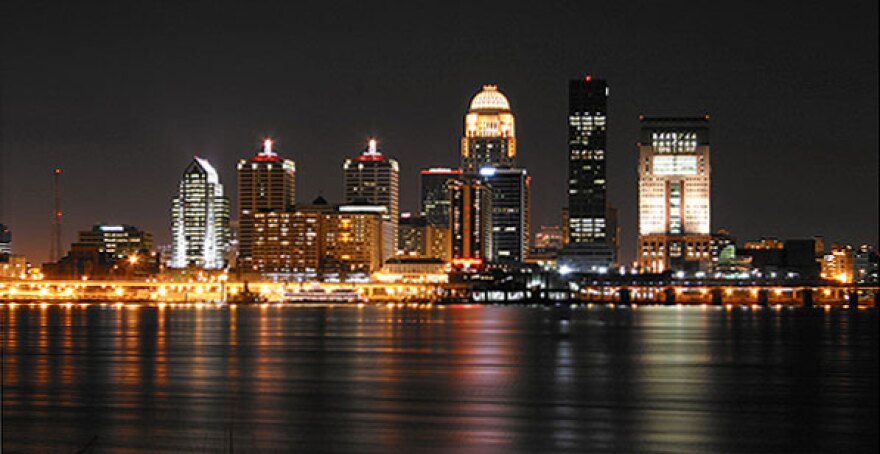The list of cities Louisville business and government leaders utilize to gauge the city’s socio-economic progress is getting bigger.City officials will utilize the updated list of peer cities for the next decade as an agenda is developed to spark job growth and educational development.Christen Boone is the director of the Greater Louisville Project, which updated the list. She said the list is not meant to provide a list of city blueprints from which to copy.“That would never work, but, we can certainly use it to help identify best practices or learn from policies that have been instituted and to have some discussion about what we want for our community,” she said.Boone said the revised peer city list will help city officials know when real, tangible progress is being made.“We think that is valuable information and it helps us identify where we are either lagging behind dramatically or where we are really making progress that we need to celebrate, leverage and build upon,” she said.To develop the list, the Greater Louisville Project recruited the help of the University of Louisville’s Urban Studies Institute, Boone said.Boone said the list is composed of cities that "face similar challenges or opportunities and have a similar economic state and socio-economic performance.""You wont find cities on this list that are genetically larger than us," Boone said.Boone says no city with a population less than 250,000 or more than 5 million can qualify for the list.Dayton, Ohio., Raleigh, NC, Richmond, Va. and Jacksonville, Fl. will no longer be considered peer cities.Here is the complete, updated list of peer cities, those in bold print are new additions:Birmingham, ALCharlotte, NCCincinnati, OHColumbus, OHGrand Rapids, MIGreensboro, NCGreenville, SCIndianapolis, INKansas City, MOKnoxville, TNMemphis, TNNashville, TNOklahoma City, OKOmaha, NESt. Louis, MOTulsa, OKUpdate: GDP MapCity Researcher has posted a map comparing the 2012 gross domestic product of Louisville's peer cities. Check out outhere.
Louisville's New List of Peer Cities Now Includes St. Louis, Oklahoma City



